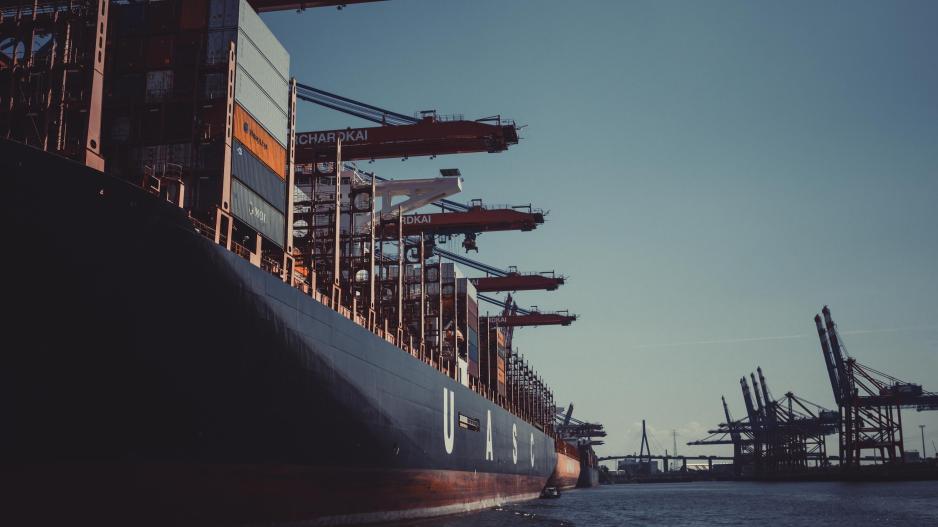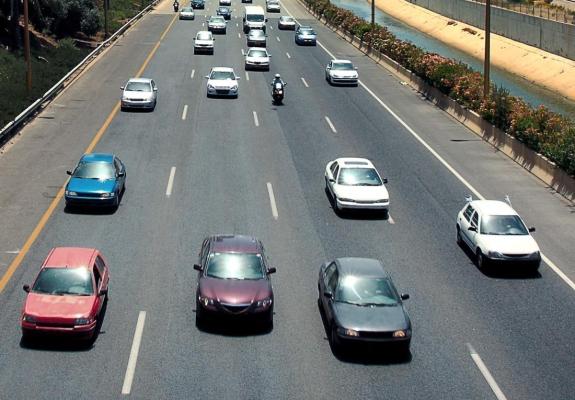MEPs Approve New Energy Saving Targets for 2030 as Part of European Green Deal
Today, the European Parliament's plenary session approved plans, which had already been agreed with the Council, to establish new energy saving targets for 2030 as part of the European Green Deal. The legislation was adopted by a significant majority of 471 votes to 147, with 17 abstentions. However, before it can come into effect, it still needs to be endorsed by the Council of Ministers.
Emphasizing the importance of implementing measures in the public sector, MEPs stressed the need for collective action by member states to achieve a reduction in energy consumption of at least 11.7% at the EU level by 2030, compared to the projections of the 2020 Reference Scenario. To ensure compliance with this binding EU target, a robust monitoring and enforcement mechanism will be implemented to hold member states accountable for their national contributions.
To meet the saving targets, member states are required to achieve an average annual energy savings rate of 1.5% by 2030. The annual energy savings will begin at 1.3% until the end of 2025 and gradually increase to 1.9% until the end of 2030.
The targets for energy savings should be reached through the implementation of local, regional, and national measures across various sectors, including public administration, buildings, businesses, and data centers. MEPs specifically emphasized the inclusion of the public sector, which will be required to reduce its final energy consumption by 1.9% each year.
In addition to energy saving targets, member states will need to ensure that at least 3% of public buildings are renovated into nearly-zero energy buildings or zero-emission buildings annually. The directive also introduces new requirements for efficient district heating systems.

Meanwhile, during the plenary session of the European Parliament in Strasbourg, MEPs also approved new rules aimed at facilitating the deployment of more alternative fuel stations for cars and trucks, ensuring convenient and easy recharging options, and promoting cleaner maritime fuels. The new rules received strong support with 514 votes in favor, 52 votes against, and 74 abstentions. Once approved by the Council, these rules will take effect six months after their implementation.
These rules are part of the "Fit for 55 in 2030 package," which is the EU's comprehensive plan to reduce greenhouse gas emissions by at least 55% by 2030 compared to 1990 levels, with a focus on decarbonizing the transport sector.
According to the new rules, electric charging pools for cars with a minimum output of 400 kW will be required along core network routes at intervals of no more than 60 km by 2026. The power output of the network will increase to 600 kW by 2028. For trucks and buses, charging stations must be available every 120 km.
By 2028, these charging stations should be installed along half of the main EU roads, with power outputs ranging from 1400 kW to 2800 kW depending on the road. Additionally, EU countries must ensure the deployment of hydrogen refueling stations along the core TEN-T network at intervals of no more than 200 km by 2031.
To facilitate ease of use, users of alternative fuel vehicles should be able to make payments easily at recharging points using payment cards or contactless devices, without the need for a subscription. Furthermore, the price of these "fuels" must be clearly displayed per kilowatt-hour (kWh), kilogram (kg), or per minute/session. MEPs have also secured a commitment from the Commission to establish an EU "database" by 2027, providing consumers with information on the availability, waiting times, and pricing at different stations for alternative fuels.
In addition to these measures, MEPs approved new rules on cleaner maritime fuels. With 555 votes in favor, 48 against, and 25 abstentions, the sustainable maritime fuels rules will take effect from January 1, 2025. These rules require ships with a gross tonnage above 5000, responsible for 90% of CO2 emissions, to gradually reduce their greenhouse gas emissions by 2% from 2025 to 80% by 2050, compared to 2020 levels. These regulations apply to all energy used on board ships in or between EU ports, as well as to 50% of energy used on voyages where the departure or arrival port is outside of the EU or in EU outermost regions.
To significantly reduce air pollution in ports, containerships and passenger ships will be required to use on-shore power supply for all electricity needs while moored at the quayside in major EU ports by 2030. Additionally, the new rules set a target of 2% renewable fuels usage as of 2034, contingent upon the Commission's assessment that renewable fuels of non-biological origin (RFNBO) account for less than 1% of the fuel mix in 2031.






